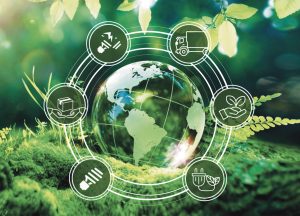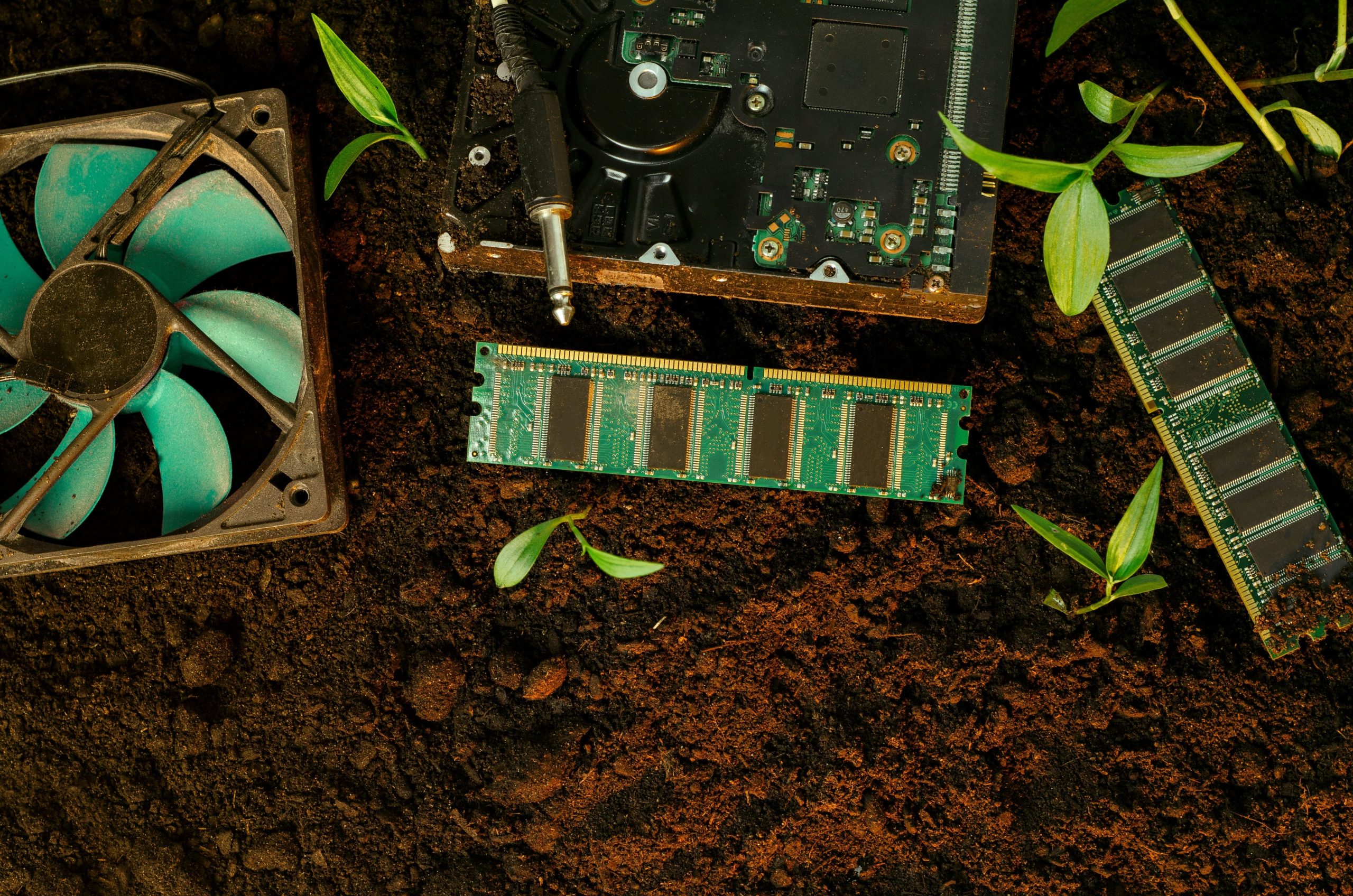
ElektroG
Information about the WEEE Act
The Electrical and Electronic Equipment Act (ElektroG) is the German implementation of the European WEEE Directive regulating the placing on the market, take-back and disposal of electrical and electronic equipment. The Electrical and Electronic Equipment Act only applies in Germany. Each EU country has its own WEEE legislation. The current amendment to the German Electrical and Electronic Equipment Act has been in force since 01.01.2022.
The product
Electrical or electronic devices that require electrical currents or electromagnetic fields for their proper operation or that generate, transmit or measure these and are designed for voltages of max. 1000V (alternating current) or 1500V (direct current) are affected. Electrical and electronic equipment is divided into the two classes B2C (Business to Customer) and B2B (Business to Business), product categories and types of equipment.
Who has the obligation?
Producer and importers as initial distributors must first register with the Stiftung ear before they are allowed to offer or distribute (sell, lease, rent, give away, etc.) electrical appliances in Germany. Foreign suppliers can or must also register in Germany. To do so, they must set up a branch or appoint an authorized representative.
Which obligation?
Producer, importers and, in the case of direct sales, foreign suppliers must first register with the Stiftung ear for all brands and types of equipment before they are allowed to offer such electrical or electronic equipment for sale or place it on the market in Germany for the first time. For B2C devices, proof of a financial guarantee must be provided annually. For B2B products, proof of professional characteristics must be provided and a take-back concept must be submitted. As part of an active registration, some extensive administrative activities such as regular quantity reports must be carried out. Products must be correctly labeled and information provided for consumers. The take-back and proper disposal of old appliances must be ensured.
Violation
Producer, importers and distributors who violate the Electrical and Electronic Equipment Act run the risk of various penalties. Under administrative law, there is the threat of fines of up to EUR 100.000 and other sanctions such as the confiscation of profits made. Under private law, there is the threat of warnings from competitors and possible claims for damages. In general, there may be a sales ban until conformity with the Electrical and Electronic Equipment Act is established.
Our service
ECOPV-EU provides you with competent support in complying with the provisions of German law and, if desired, will take over the complete implementation and administration of the ElektroG in your company. Our ElektroG service includes everything that is required. Apart from sending the required quantities to ECOPV-EU, you can sit back and relax and let us do the work for you.
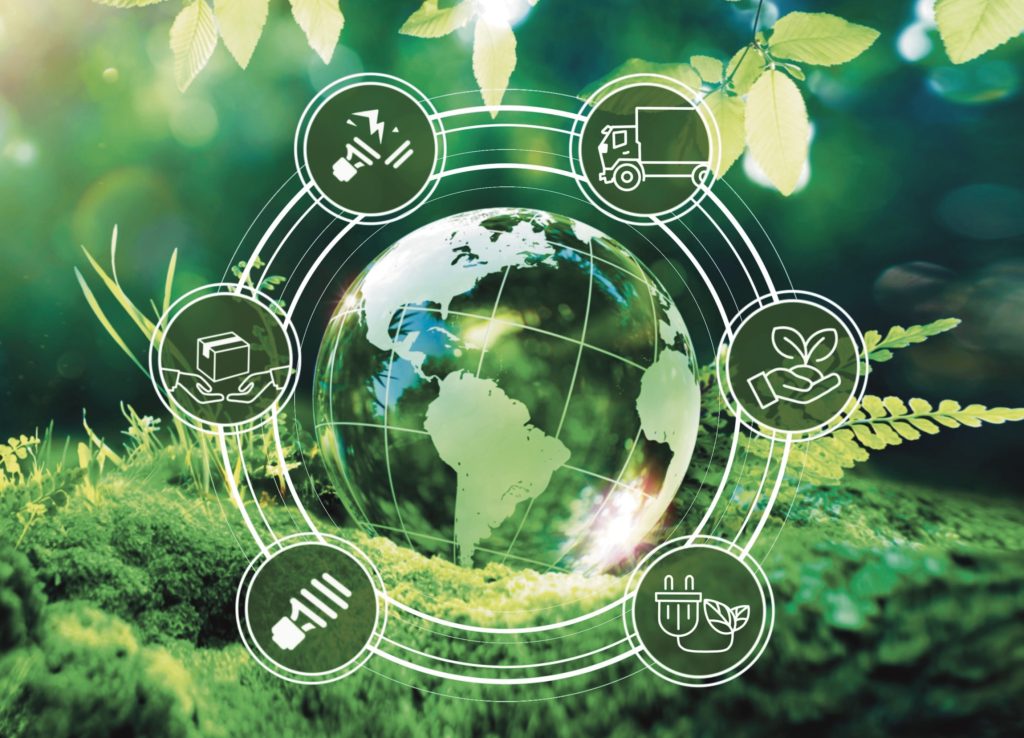
Specific requirements for manufacturers acc. to ElektroG

Registrations
According to the ElektroG, producer must register their electrical appliances by category and brand. As proof of legally compliant registration, producer receive a so-called WEEE reg. no. (reference WEEE number)
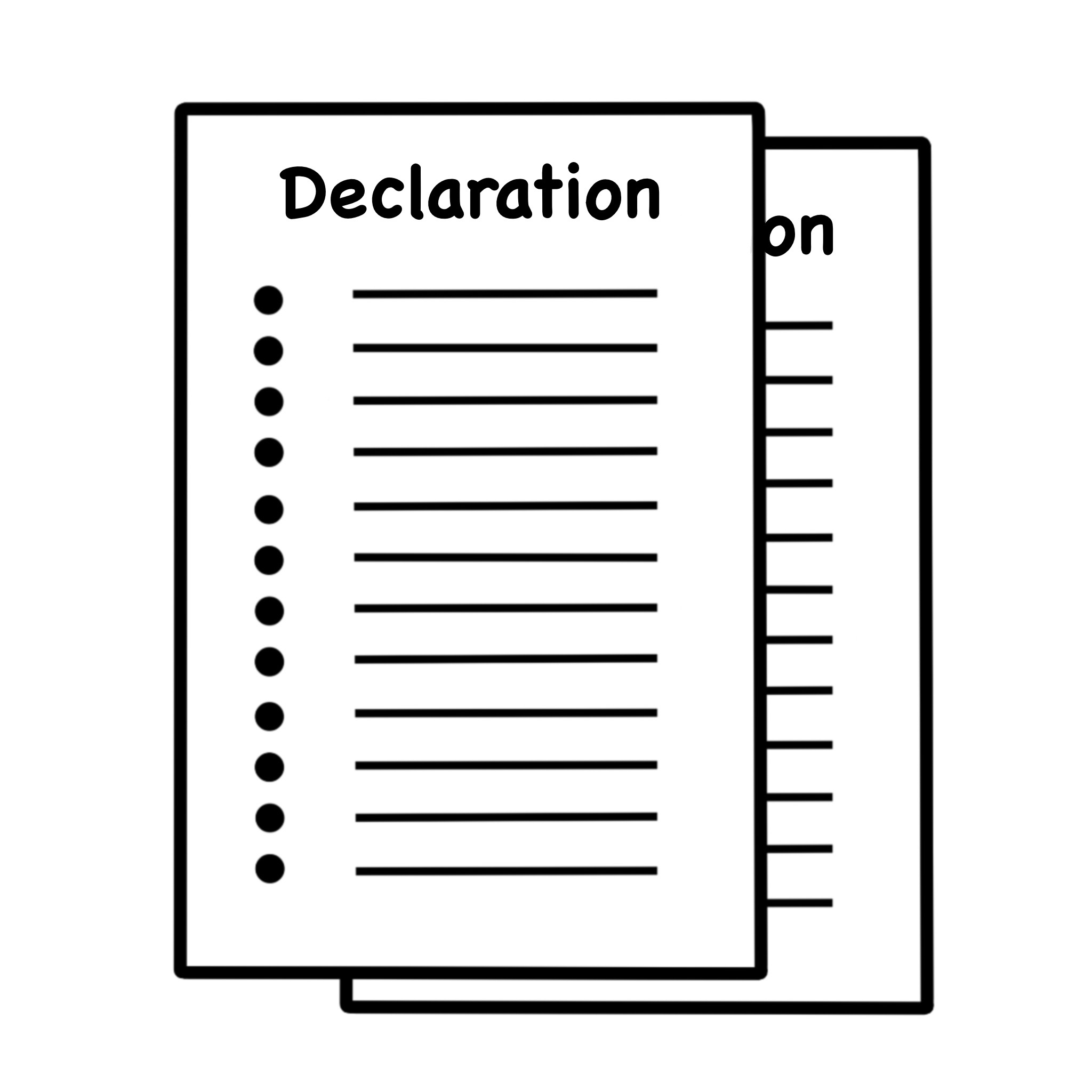
Quantity reports
The ElektroG stipulates that producer must submit quantity reports on the electrical appliances placed on the market. Annual reports: producer are obliged to submit annual reports on the WEEE collected.
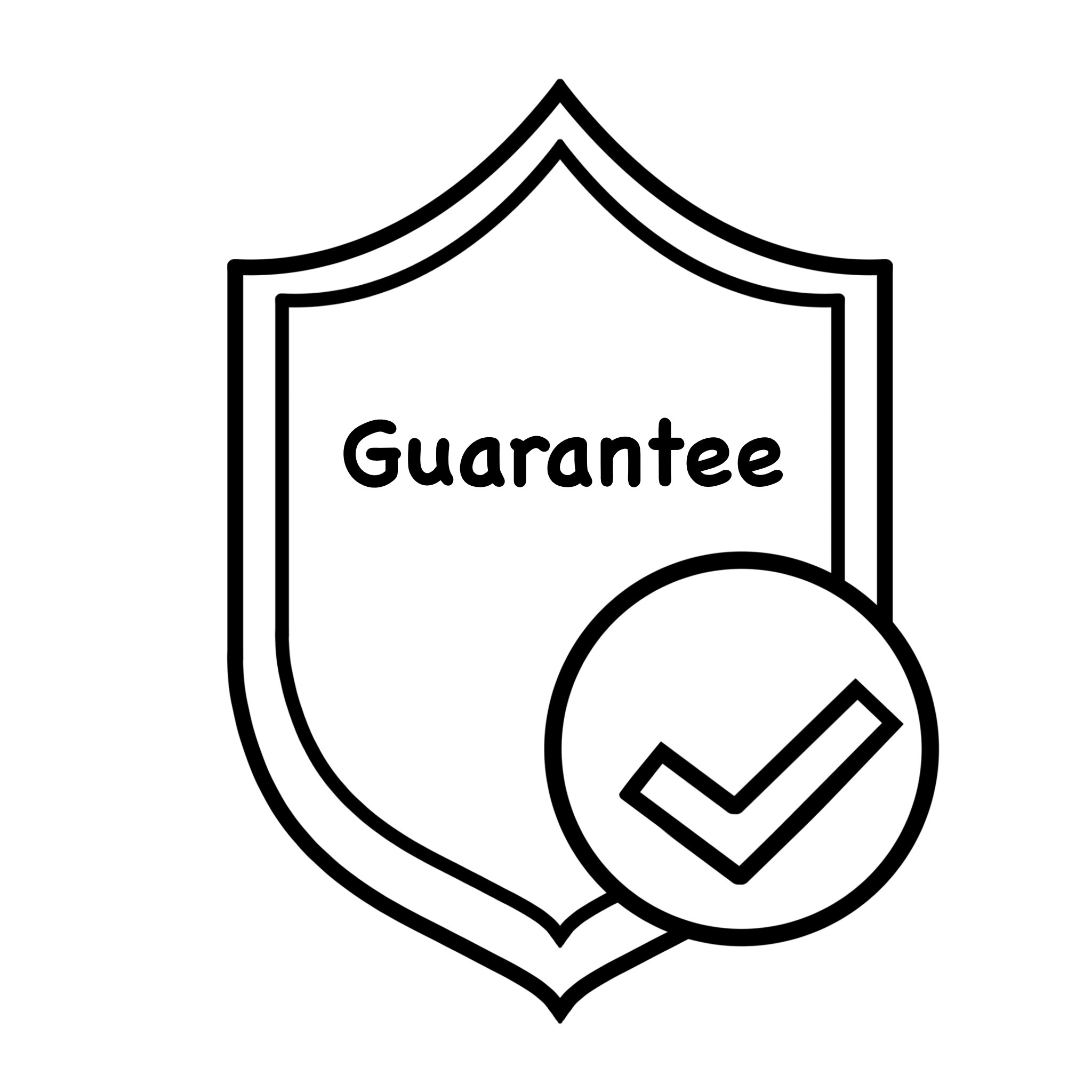
Insolvency-proof guarantee
The ElektroG requires producer to provide an insolvency-proof guarantee for the financing of disposal. ear collection coordination: producer must ensure that old appliances are collected and disposed of properly when required.

Take-back
In Germany, ear-Abholkoordinationen regulates the collection of filled containers or boxes from a recycling center - also known as a transfer point. The order for the collection and recycling of e-waste is placed with the ear foundation on the basis of the registered quantity placed on the market.
The German Electrical and Electronic Equipment Act (ElektroG)
Easy
Fast
Save
FAQs
Is a WEEE number mandatory?
According to § 6 para. 3 ElektroG, every producer is obliged to provide a WEEE number when selling products and on invoices. The basis for ear registration is the WEEE Directive applicable in Europe, which is transposed into German law by the German Electrical and Electronic Equipment Act (ElektroG).
What is electrical and electronic equipment?
Electronic devices include all devices that you use as work or operating equipment and that are connected to electrical energy. This includes, for example, devices that generate, transmit and distribute electricity.
How do I get a WEEE number?
You can apply for a WEEE number on the Stiftung ear portal. A user account is first created here, stating the authorized representative, the billing address and your company’s details. For the registration application, the brand name on the device must be provided
Who has to apply for a WEEE number?
All producer who sell electrical and electronic equipment to private (B2C) or commercial (B2B) customers must apply for a WEEE number. Or an authorized representative officially recognized by Stiftung ear can/must be appointed by the producer.
Where can I find the WEEE number?
The registration number (WEEE Reg. No. DE) is issued with the registration notification and is also published in the list of registered producer.
What does WEEE mean?
The Waste of Electrical and Electronic Equipment is the European directive for waste electrical and electronic equipment. It lays down the basic rules that apply to the placing on the market, take-back and disposal of electrical and electronic equipment in every country of the European Union.
Contact
We look forward to your message

